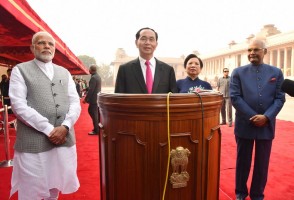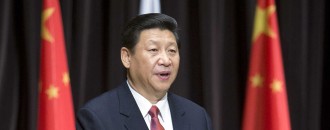
3.4 mn people to be added to the unemployed masses in 2017: ILO
The Dollar Business Bureau
Unemployment rates are on the rise, especially in commodity exporting countries like Russia, Brazil and South Africa, the International Labour Organisation (ILO) said on Thursday, due to a slowdown in global growth, especially in developing nations like China, and decline in commodity prices.
Due to uncertainty in the investment climate all over the world, driven by a new wave of protectionism and isolationism, employment rate is expected to contract as job creation suffers. Global trade and investment growth, after expanding annually at 6% from 1990 to 2011, fell to 2.7% over the period 2012-14. Despite growth in global savings, investment isn't flourishing.
Guy Ryder, Director General at ILO, said that the rate of unemployment increased from 5.7% to 5.8% in 2017, citing deteriorating labour market conditions in emerging economies as the main contributor to the rise in unemployment.
In 2017, 3.4 million people would likely to be added to the unemployed masses, taking the total number of idlers to 201 million, according to “World Employment Social Outlook,” the annual report of ILO.
Increasing political and social impediments to migration have hurt investment and job creation, as migration is an essential part of the world of labour.
In addition to unemployment, quality of work progressively suffers, making more and more percentage of the employed force vulnerable to low productivity and highly volatile earnings. Vulnerable employment makes up for 46% of the global workforce, corresponding to 1.5 billion people and 70% workers are victims of vulnerable employment in South Asia and sub-Saharan Africa, according to the report.
While Latin America and Caribbean are yet to revive from recent recessions, the sub-Saharan African region has been experiencing a period of lowest growth in the last two decades. Due to slowdown in Brazil, Latin America's unemployment rate is expected to shoot up to 8.4% (an increase of 0.3%) in 2017.
Unemployment, though the most highlighted problem in the labour market is clearly not the only one. Poor quality work, working poverty (workers who are below poverty line), income inequality (1% of world population holds 50% of global wealth) and gender discrimination are some other areas that demand attention, said the report.






 to success.
to success.